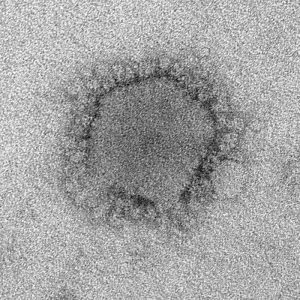The US Government has issued a moratorium on gain-of-function research in viral disease labs across the country. This moratorium suspends all funding for research that involves giving viruses such as MERS and SARS additional genes that could impart specific beneficial characteristics.

The report from the White House Office of Science and Technology Policy (OSTP) and Department of Health and Human Services (HHS) stated that there will be an ongoing investigation into gain-of-function research. This decision comes on the heels of a lapse in security oversight that exposed 75 researchers to anthrax and led to the discovery of vials of smallpox in a community laboratory freezer.
“NIH has funded such studies because they help define the fundamental nature of human-pathogen interactions, enable the assessment of the pandemic potential of emerging infectious agents, and inform public health and preparedness efforts,” National Institutes of Health Director Francis Collins said in a statement. “These studies, however, also entail biosafety and biosecurity risks, which need to be understood better.” The biosafety concerns include weaponizing the viruses or making them more infectious.
The last time gain-of-function research was in the news was 2012, when researchers published papers in Nature and Science describing synthetic mutated avian flu that became much more easily transmissible by air. The scientific community was torn over the publications: on one hand, research should be freely disseminated and not censored; on the other, publicizing methods on how a virus can mutate to become more infective may inspire terrorists to synthetically mutate a virus and use it as a bioweapon. Certain crucial steps in the methods sections ended up being censored, and the government issued a year-long moratorium on H5N1 gain-of-function research.
One recent way gain-of-function mutations have been controlled is through a “kill switch”. This mechanism allows researchers to control the virus in case it gets out into the community, and ensures that any illegal production or weaponization of the published work will not be harmful to national security. Still, there has been a backlash against scientists who wish to do this research to create “Frankenstein” germs, and the government has finally put a halt to the whole endeavor until further notice. After the issues that have occurred in recent months, scientists agree that there is a “precedent” for a pause to discuss the data and determine if this research is truly crucial to the field of infectious diseases.

